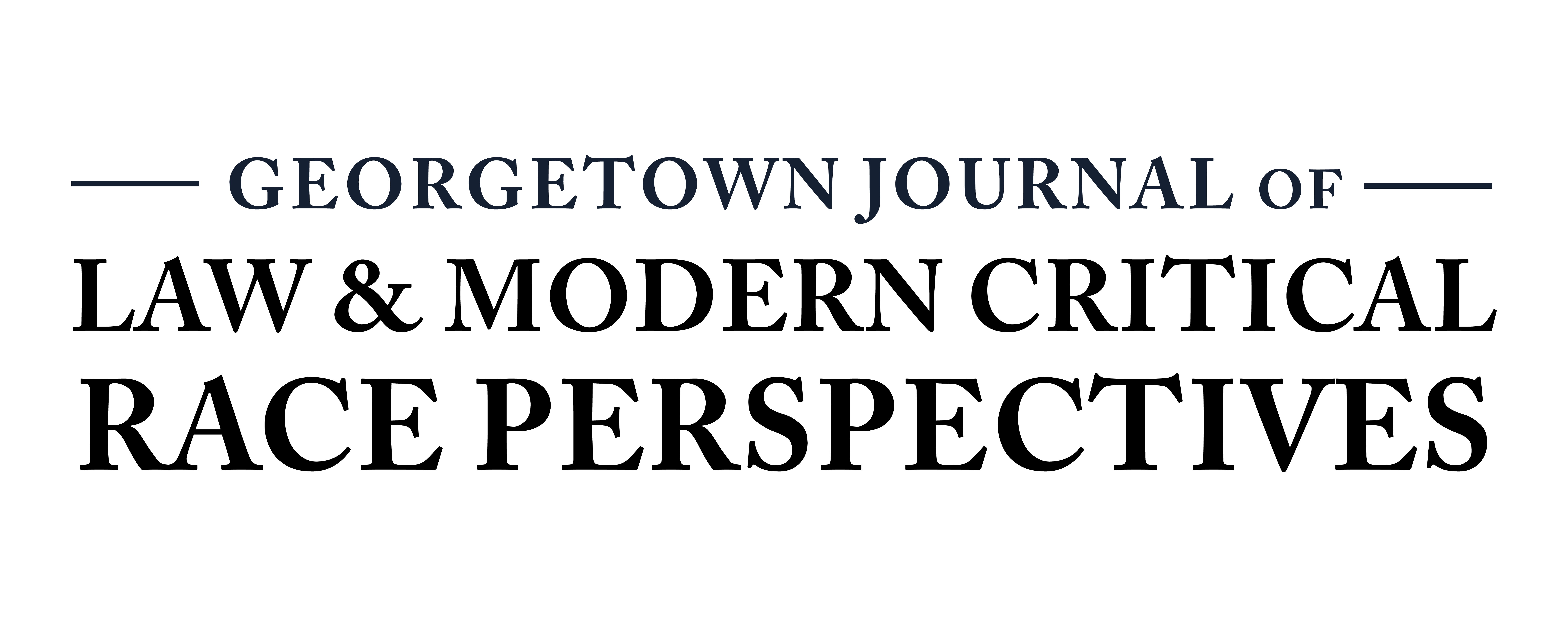The Second Amendment is Racist: Why Bruen Should Have Been Decided on Equal Protection Grounds
January 23, 2023 by Billy Berns
A well-regulated Militia, being necessary to the security of a free State, the right of the
people to keep and bear Arms, shall not be infringed.
A well-regulated Militia, being necessary to the security of a free State, the right of the people to keep and bear Arms, shall not be infringed.[1]
While many people in the United States champion the right of all persons to keep and bear arms, Black people are continuously incarcerated for exercising this constitutional right. Before the Bruen decision on June 23, 2022, New York’s licensing scheme gave police all the power to determine who gets a license. Thus, it was the police who determined the select few who were able to lawfully possess a firearm. On the other hand, if you were not one of these lucky few, possession of a firearm is a violent felony punishable by 3.5 to 15 years in prison.[2] Unsurprisingly, this law favors white people over Black people, leading to the protection of the Second Amendment right for some and the criminalization of the right for others.
The idea that gun laws are racist is not a new concept. When the Second Amendment was written, there were racist gun laws already in place, restricting the possession of firearms by Black people.[3] Additionally, there were laws that authorized white people to go into the homes of Black people and lawfully seize their weapons.[4] Some scholars argue that the Second Amendment itself was included in the Constitution to ensure whites were able to control their Black slaves. In the infamous decision of Dred Scott v. Sandford,[5] Chief Justice Roger Taney argued that one reason Black people could not be citizens under the Constitution was that it “would give to persons of the negro race” the right “to keep and carry arms wherever they went.”[6] This sentiment about the fear of Black people having a Second Amendment right continues to permeate the laws today.
The Second Amendment right to bear arms exists for some while it doesn’t exist for others. In challenging gun laws, their licensing scheme, and the criminal enforcement of unlicensed possession, litigants should pursue an equal protection clause argument, arguing that, while it is a race-neutral law, it is being applied in an arbitrary and unjust manner, and therefore, discriminating based on race.[7] In District of Columbia v. Heller[8] and McDonald v. Chicago,[9] the Court held that the Second and Fourteenth Amendments protect an individual right to keep and bear arms for self-defense. In New York State Rifle and Pistol Association, Inc. vs. Bruen, the Court held that New York’s proper-cause requirement violates the Fourteenth Amendment by preventing law-abiding citizens with ordinary self-defense needs from exercising their Second Amendment right to keep and bear arms in public for self-defense.[10] None of these decisions address the disproportionate enforcement of criminal gun laws against Black individuals.
A number of public defender offices filed an amicus brief in New York State Rifle and Pistol Association, Inc. vs. Bruen, arguing that New York enacted its licensing scheme to “criminalize gun ownership by racial and ethnic minorities.”[11] Almost all of those who are charged and prosecuted for exercising their right to bear arms are Black or Hispanic. It is evident that the Second Amendment is rendered a legal fiction for Black individuals in the United States. For these reasons, the Second Amendment should be litigated on Equal Protection grounds.
[1] U.S. Const. amend. II.
[2] N.Y. Penal Law §§ 265.03; 70.02(1)(b).
[3] Adam Winkler, Racist Gun Laws and the Second Amendment, 135 Harv. L. Rev. F. 537 (2022) (citing Clayton E. Cramer, The Racist Roots of Gun Control, Kan. J.L. & Pub. Pol’y, Winter 1995, at 18).
[4] Robert J. Cottrol & Raymond T. Diamond, The Second Amendment: Toward an Afro-Americanist Reconsideration, in Gun Control and the Constitution: Sources and Explorations on the Second Amendment 403, 403 (Robert J. Cottrol ed., 1994).
[5] 60 U.S. 393 (1857).
[6] Id. at 417.
[7] See Yick Wo v. Hopkins, 118 U.S. 356 (1886).
[8] 554 U.S. 570 (2008).
[9] 561 U.S. 742 (2010).
[10] 142 S. Ct. 2111 (2022).
[11] Brief of the Black Attorneys of Legal Aid, The Bronx Defenders, Brooklyn Defender Services, et al. as Amici Curiae in Support of Petitioners, New York State Rifle and Pistol Association, Inc. vs. Bruen, 142 S. Ct. 2111 (2022) (No. 20-843), 2021 WL 4173477 at 5.

